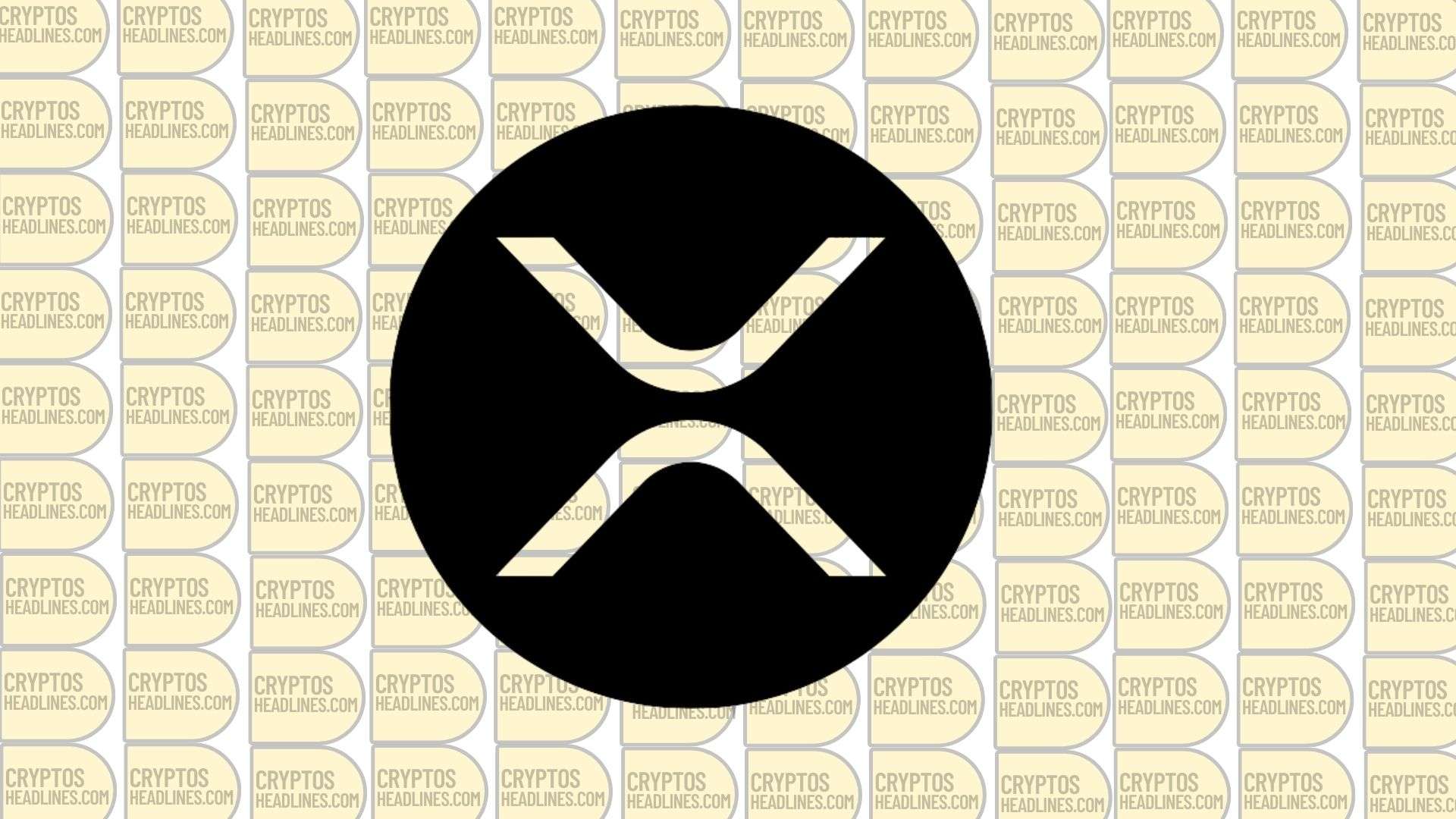Ripple Expands Operations in Europe and Asia Amid Ongoing SEC Lawsuit
Despite the ongoing legal dispute with the United States Securities and Exchange Commission (SEC) regarding its XRP token, Ripple, the cryptocurrency payments service provider, is experiencing widespread adoption of its payment services worldwide. The company’s XRP token, valued at $0.51, has seen continued use and acceptance, showcasing Ripple’s resilience in the face of regulatory challenges.
Over the past year, cryptocurrency exchanges and businesses have been engaged in contentious discussions with regulators in the United States, expressing their concerns about the absence of clear regulatory frameworks. They argue that the lack of guidelines poses a threat to the growth, innovation, and wider adoption of blockchain-based services, systems, and cryptocurrencies.
In contrast, the European Union has made significant progress in establishing a comprehensive set of requirements and standards for the cryptocurrency industry throughout the continent. This development comes with the signing of the long-awaited Markets in Crypto-Assets (MiCA) legislation into law on May 31, marking a significant step towards regulating and fostering the cryptocurrency ecosystem in Europe.
Young highlighted how Ripple’s business growth has expanded outside of America, partly due to the progressive regulatory oversight in different markets. Young stated that the ongoing lawsuit faced by Ripple is primarily related to the lack of clarity and certainty in U.S. regulations, which further underscores the favorable regulatory environment in Europe and the UK for the company.
Also Read: EU to Utilize Blockchain for Verification of Educational and Professional Credentials
Young further emphasized that Ripple remains committed to establishing private-public partnerships and maintaining open communication with regulators and policymakers. Both Ripple and the regulatory bodies engage in mutual education as the cryptocurrency industry evolves. Young highlighted that this collaborative approach enables business growth and facilitates innovation. Ripple considers itself fortunate to operate in the UK and Europe, as the regulatory environment in these regions is instrumental in setting global standards for the industry.
In the European context, Young expressed optimism about the Markets in Crypto-Assets (MiCA) regulatory framework and its potential to establish a “level playing field” in the cryptocurrency industry. She believes that MiCA will promote healthy competition and innovation while encouraging traditional financial players to embrace cryptocurrencies. Young emphasized that clear regulation is essential for realizing the true utility and benefits of cryptocurrencies, leading to increased mainstream adoption. She sees the introduction of MiCA as a significant milestone in paving the way for broader acceptance and utilization of cryptocurrencies in traditional finance.
Young emphasized the expanding range of services offered by Ripple, which are designed to integrate with the interconnected financial ecosystem. This expansion is made possible by crucial fiat onramps and offramps, as well as the development of central bank digital currencies (CBDCs) and stablecoins. According to Young, the future will involve various currencies and CBDCs coexisting, with the ability to interoperate and seamlessly transition between them being of utmost importance. This interoperability will enable smooth transactions and facilitate the integration of digital assets into the broader financial landscape.
In June 2023, Ripple’s legal battle with the SEC took an intriguing twist when highly anticipated documents regarding a speech by former SEC corporate finance division director Bill Hinman revealed conflicting perspectives on the classification of cryptocurrencies as securities. These documents shed light on the ongoing debate surrounding the regulatory status of cryptocurrencies and the potential implications for Ripple’s case. The contrasting viewpoints within the SEC add an additional layer of complexity to the lawsuit and raise questions about the regulatory clarity and consistency surrounding the classification of digital assets.
Also Read: EU Regulator Calls on Crypto Firms to Disclose Regulatory Status of Products
Important: This article is intended solely for informational purposes. It should not be considered or relied upon as legal, tax, investment, financial, or any other form of advice.
Follow Cryptos Headlines on Google News
Join Cryptos Headlines Community










